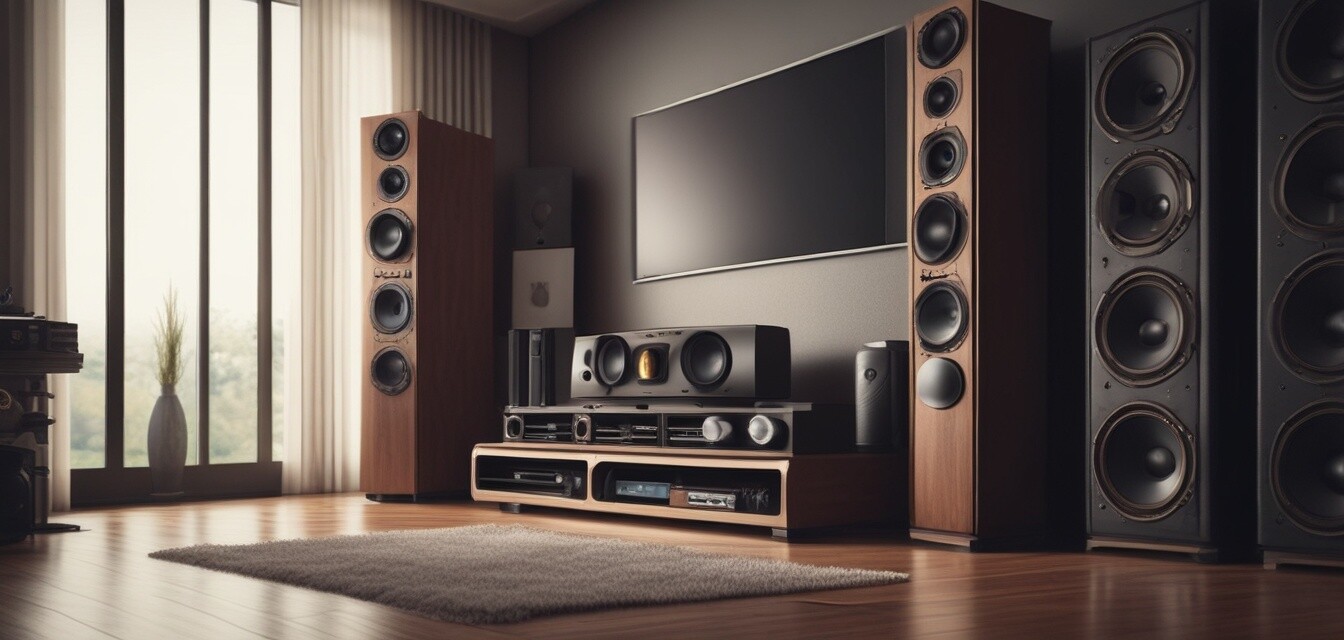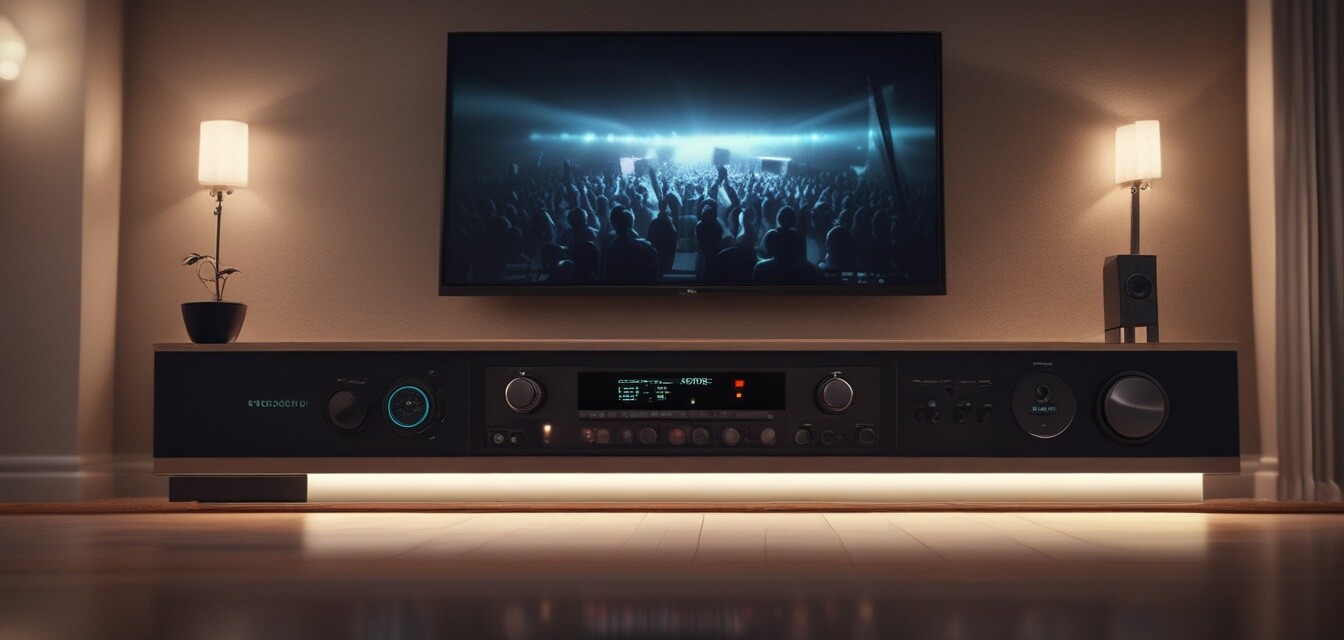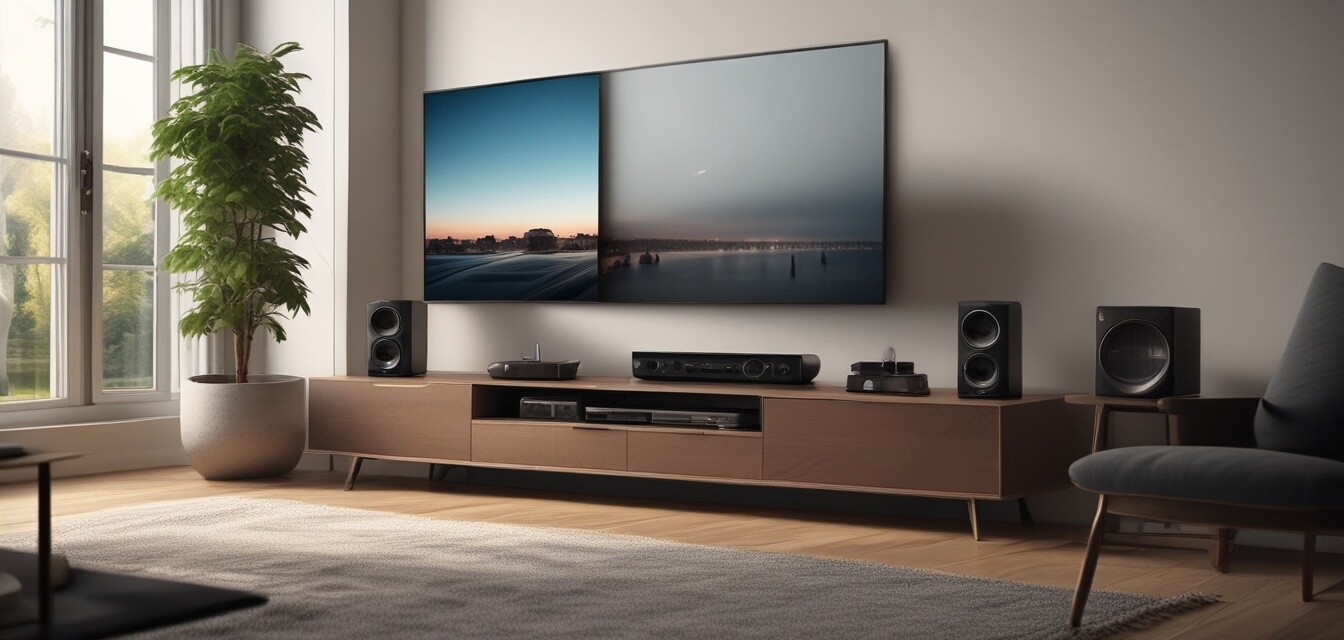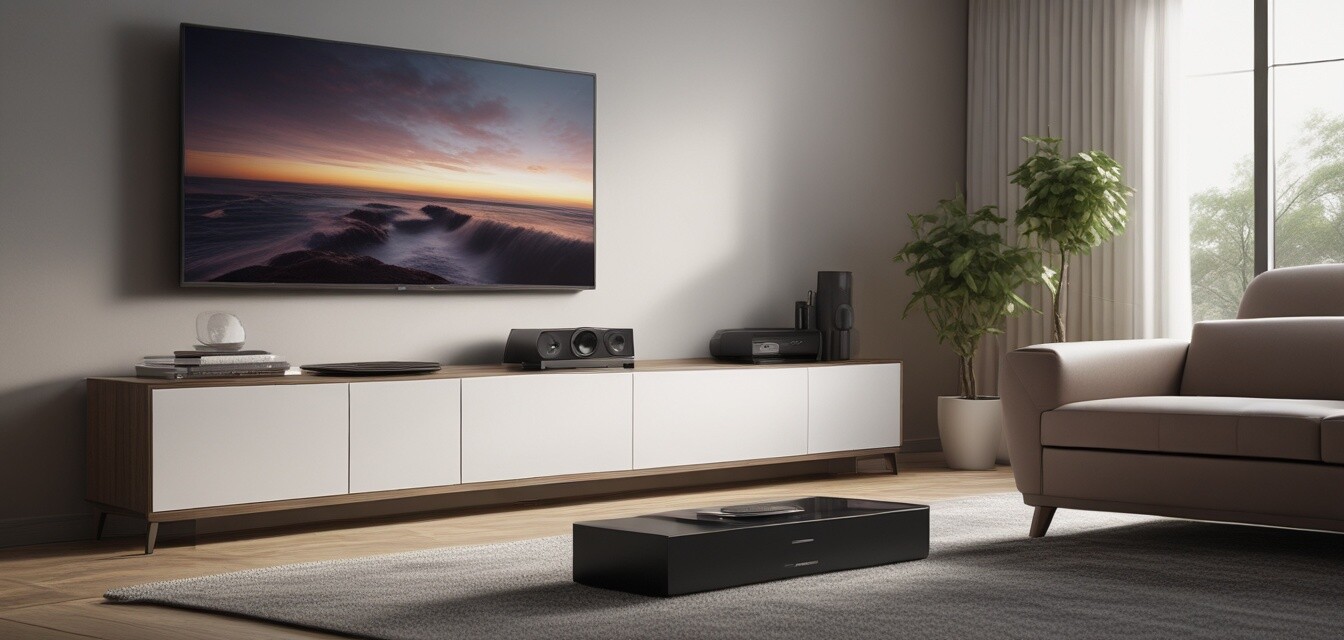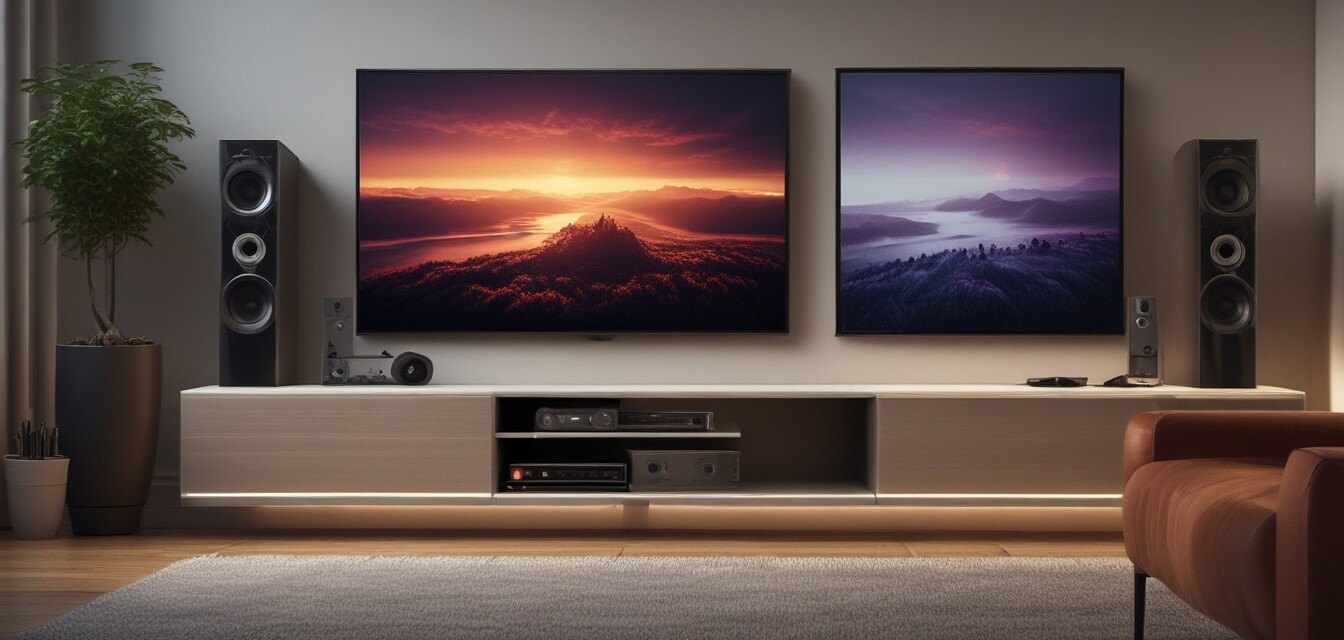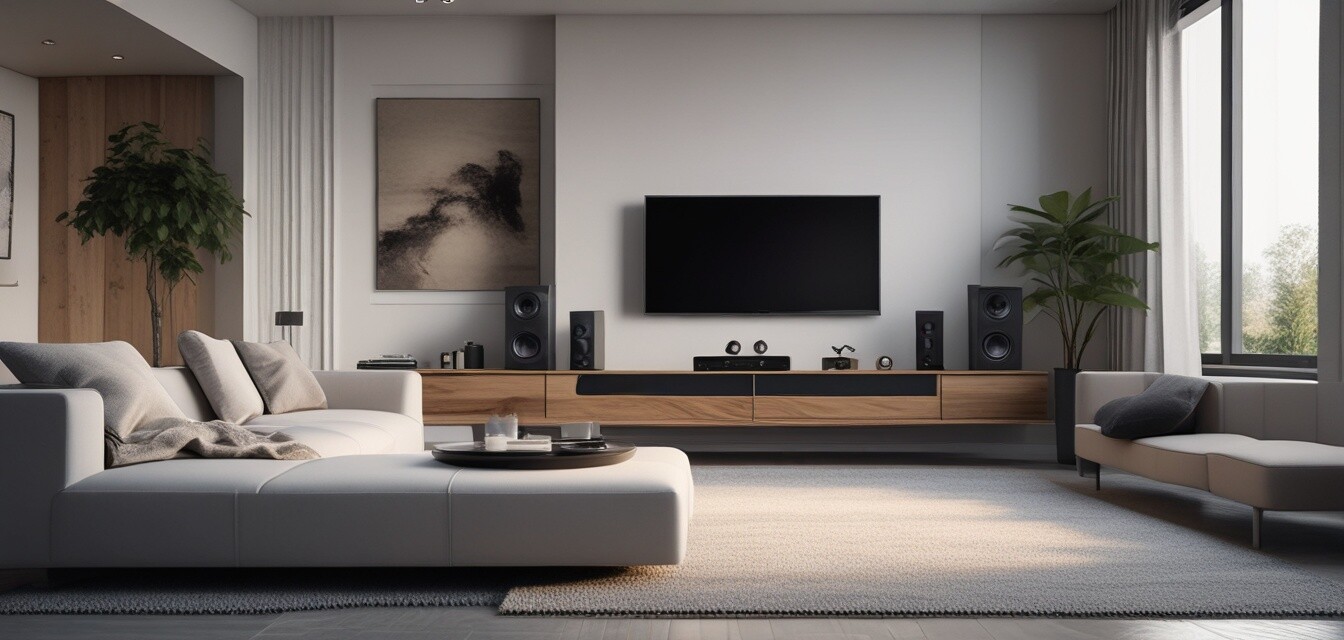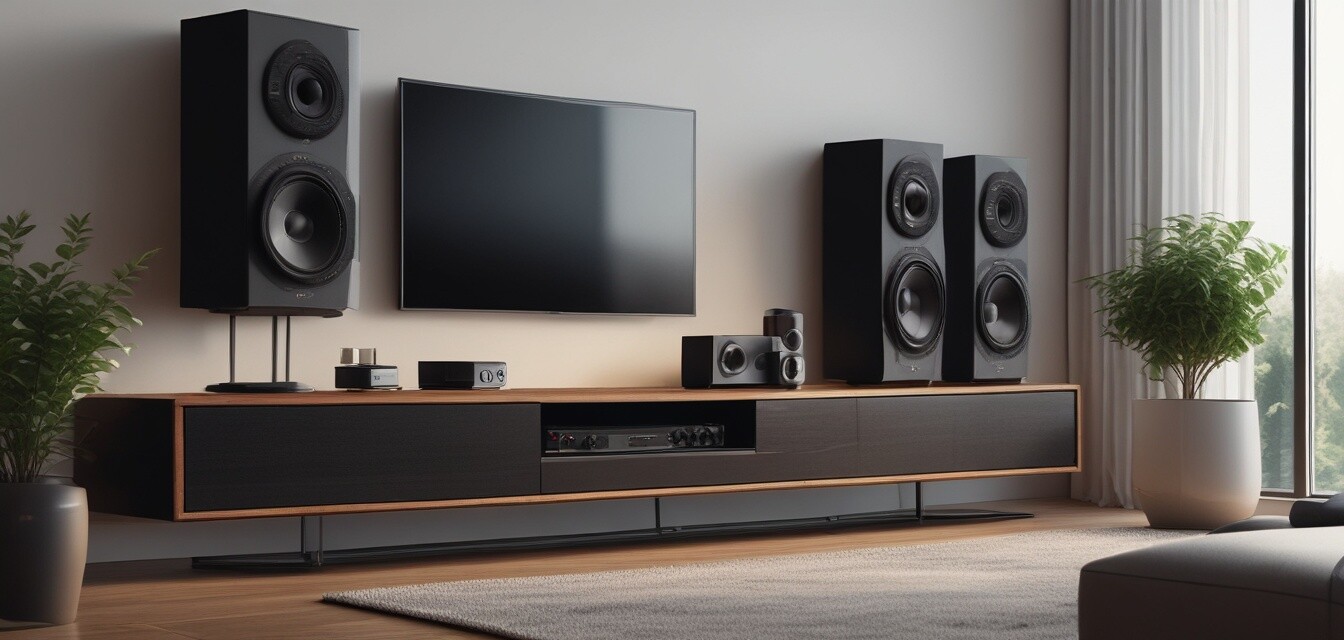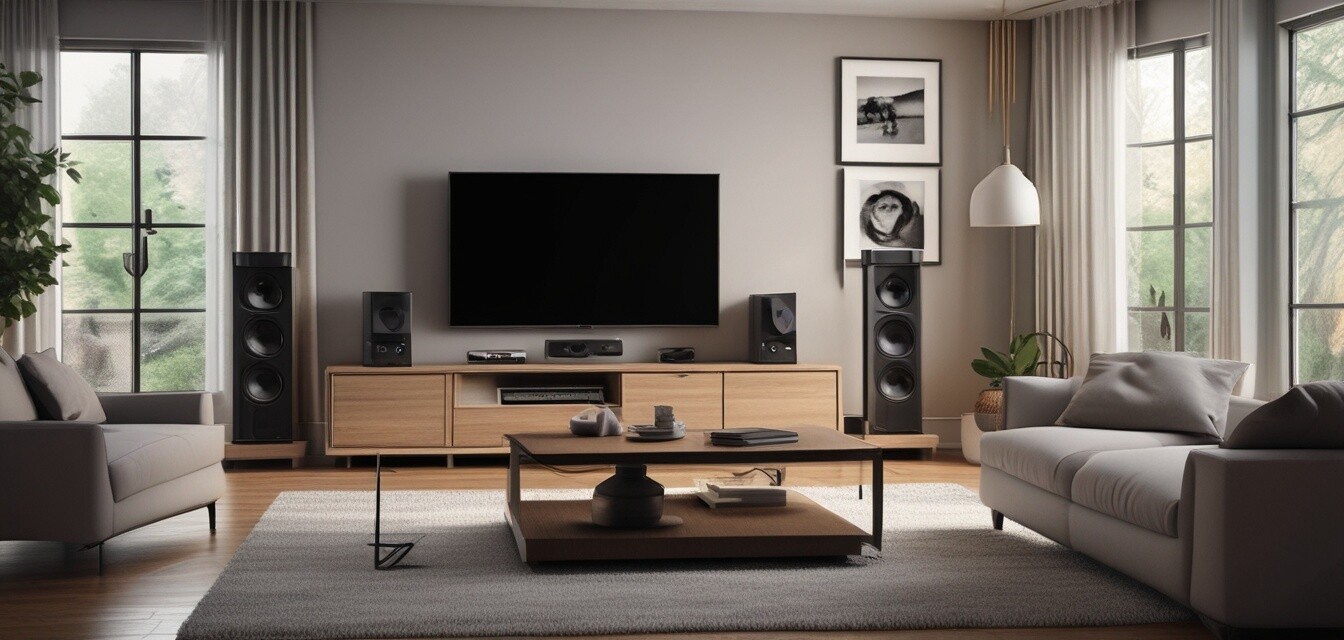
Home Theater Speakers
Key Takeaways
- Choose speakers based on your room size and shape.
- Consider the speaker type: floor-standing, bookshelf, or satellite.
- Match your speakers with an appropriate AV receiver.
- Pay attention to speaker specifications like wattage and frequency response.
- Look for speakers with good reviews and warranty options.
Choosing the right home theater speakers can significantly enhance your audio experience. With a plethora of options available, it's essential to understand the various types of speakers and how they fit into your audio setup. In this article, we will evaluate different home theater speakers and provide guidance on selecting the right ones for your needs.
Understanding Home Theater Speakers
Home theater speakers are designed to reproduce audio in a way that immerses you in the sound experience. They come in various types, sizes, and configurations. Here are the main types of home theater speakers:
| Speaker Type | Description | Best For |
|---|---|---|
| Floor-standing speakers | Tall speakers that deliver powerful sound and bass. | Large rooms and dedicated home theaters. |
| Bookshelf speakers | Compact speakers that can be placed on shelves or stands. | Small to medium rooms. |
| Satellite speakers | Small speakers that are often used in surround sound setups. | Space-saving solutions and surround sound setups. |
| Subwoofers | Specialized speakers that reproduce low-frequency sounds. | Enhancing bass for music and movie soundtracks. |
Factors to Consider When Choosing Home Theater Speakers
When selecting home theater speakers, keep the following factors in mind:
- Room Size: The size of your room will dictate the power and type of speakers needed.
- Speaker Type: Choose a type that fits your listening preferences and room layout.
- Audio Quality: Look for speakers with good frequency response and low distortion.
- Compatibility: Ensure your speakers work well with your AV receiver.
- Budget: Determine how much you're willing to spend while considering quality.
Setting Up Your Home Theater Speakers
Proper setup is crucial for achieving optimal sound quality. Here are some tips:
Setup Tips
- Place floor-standing speakers at least a foot away from walls to prevent distortion.
- Bookshelf speakers should be at ear level when seated.
- Subwoofers can be placed in a corner for enhanced bass response.
- Experiment with speaker placement for the best sound experience.
Comparing Home Theater Speakers
To help you choose the right speakers for your home theater, we've created a comparison table of popular speaker attributes:
| Speaker Model | Type | Power (W) | Frequency Response (Hz) | Price Range |
|---|---|---|---|---|
| Speaker A | Floor-standing | 150 | 30-20,000 | $500-$800 |
| Speaker B | Bookshelf | 100 | 50-20,000 | $300-$600 |
| Speaker C | Satellite | 75 | 80-20,000 | $200-$400 |
| Speaker D | Subwoofer | 250 | 20-200 | $300-$700 |
Pros and Cons of Home Theater Speakers
Pros
- Immersive audio experience.
- Variety of types to suit different spaces.
- Enhances movie and music enjoyment.
- Can be tailored to fit your budget.
Cons
- Can be expensive.
- Setup may require technical knowledge.
- Space-consuming for large systems.
- Quality varies significantly between brands.
Conclusion
Choosing the right home theater speakers is vital for creating an immersive audio experience. By understanding the different speaker types, considering your room size, and evaluating audio quality, you can find the perfect speakers for your setup. Remember to take your time and explore various options to ensure you make the best choice for your home audio needs.
